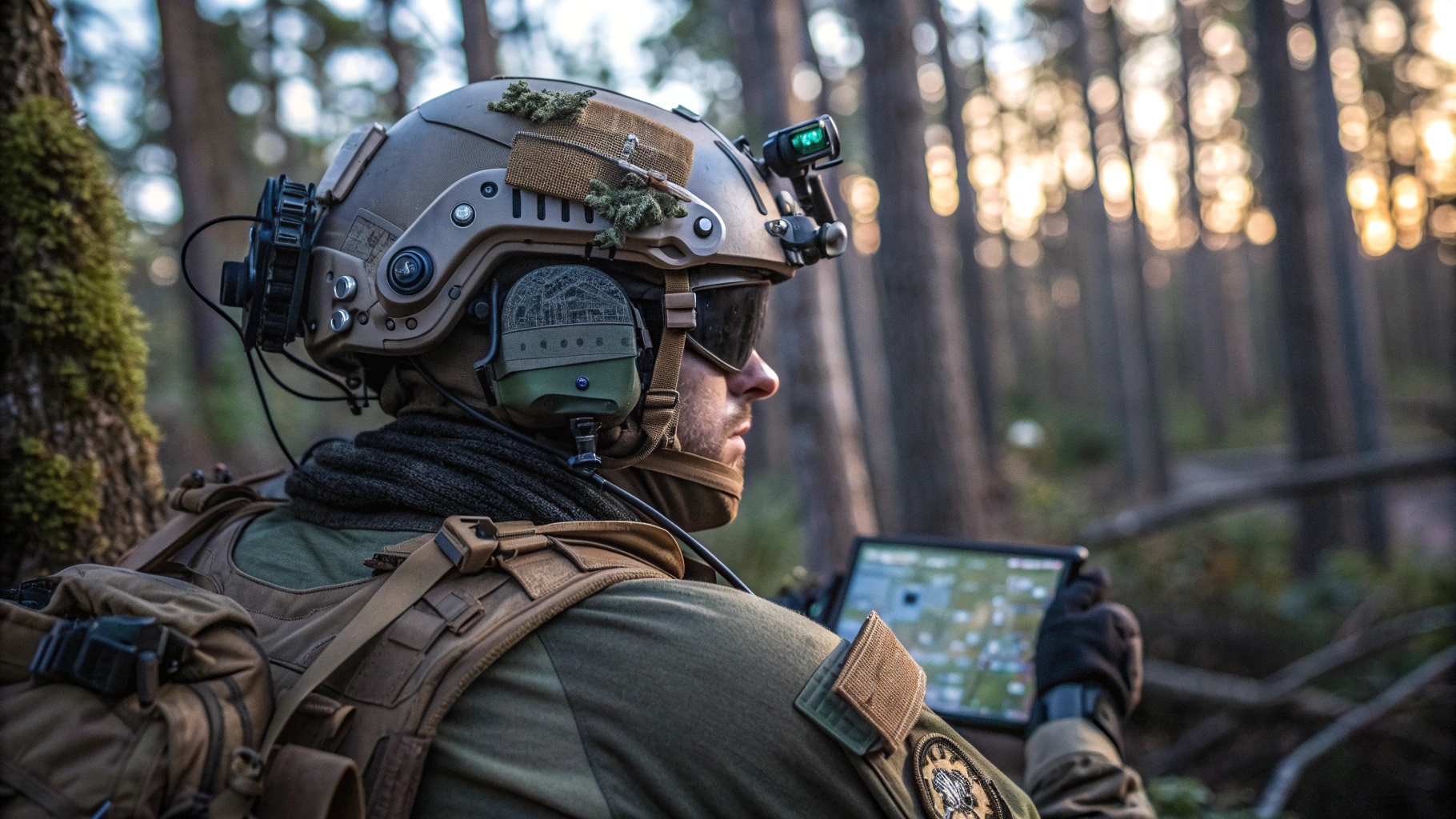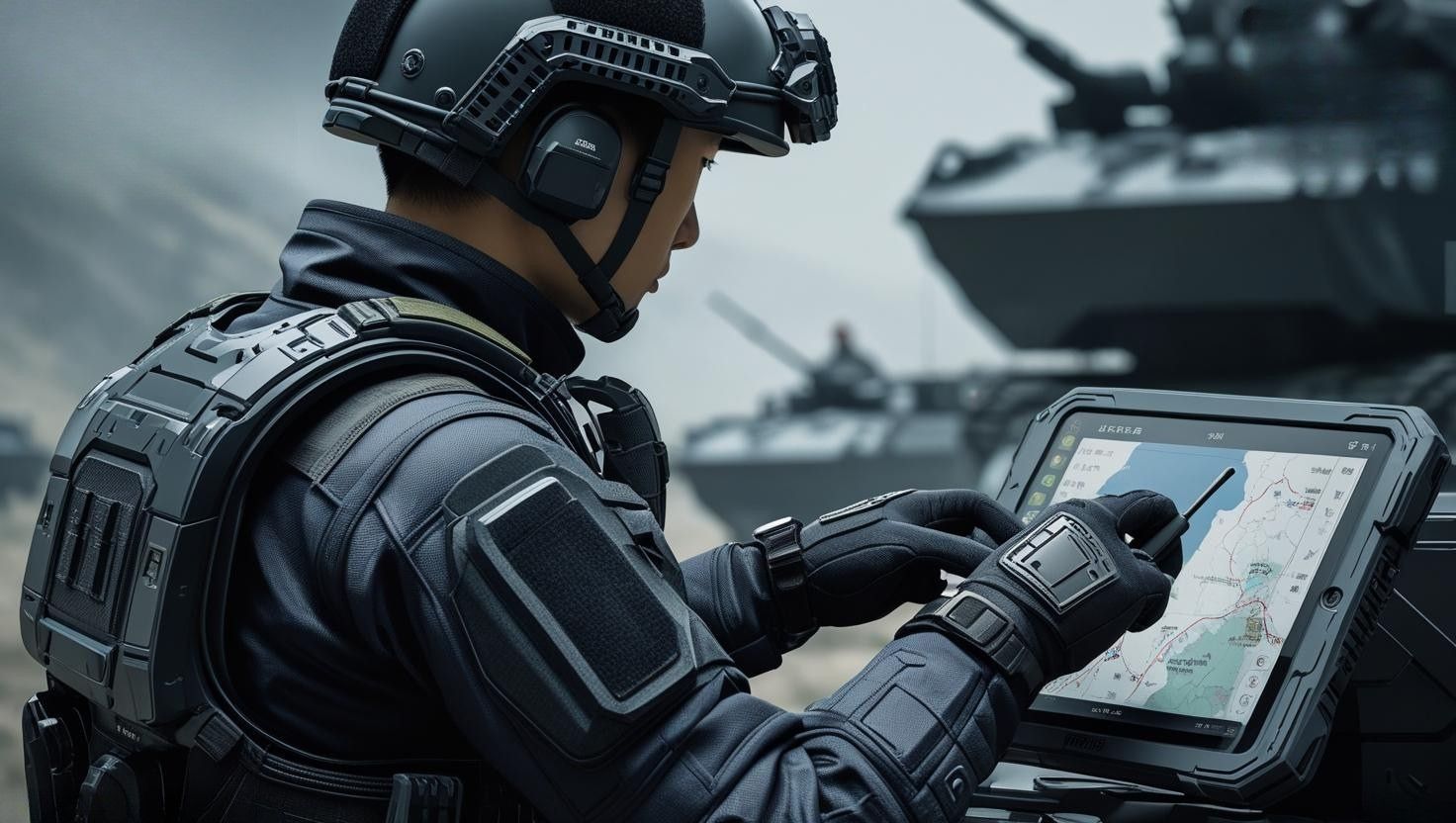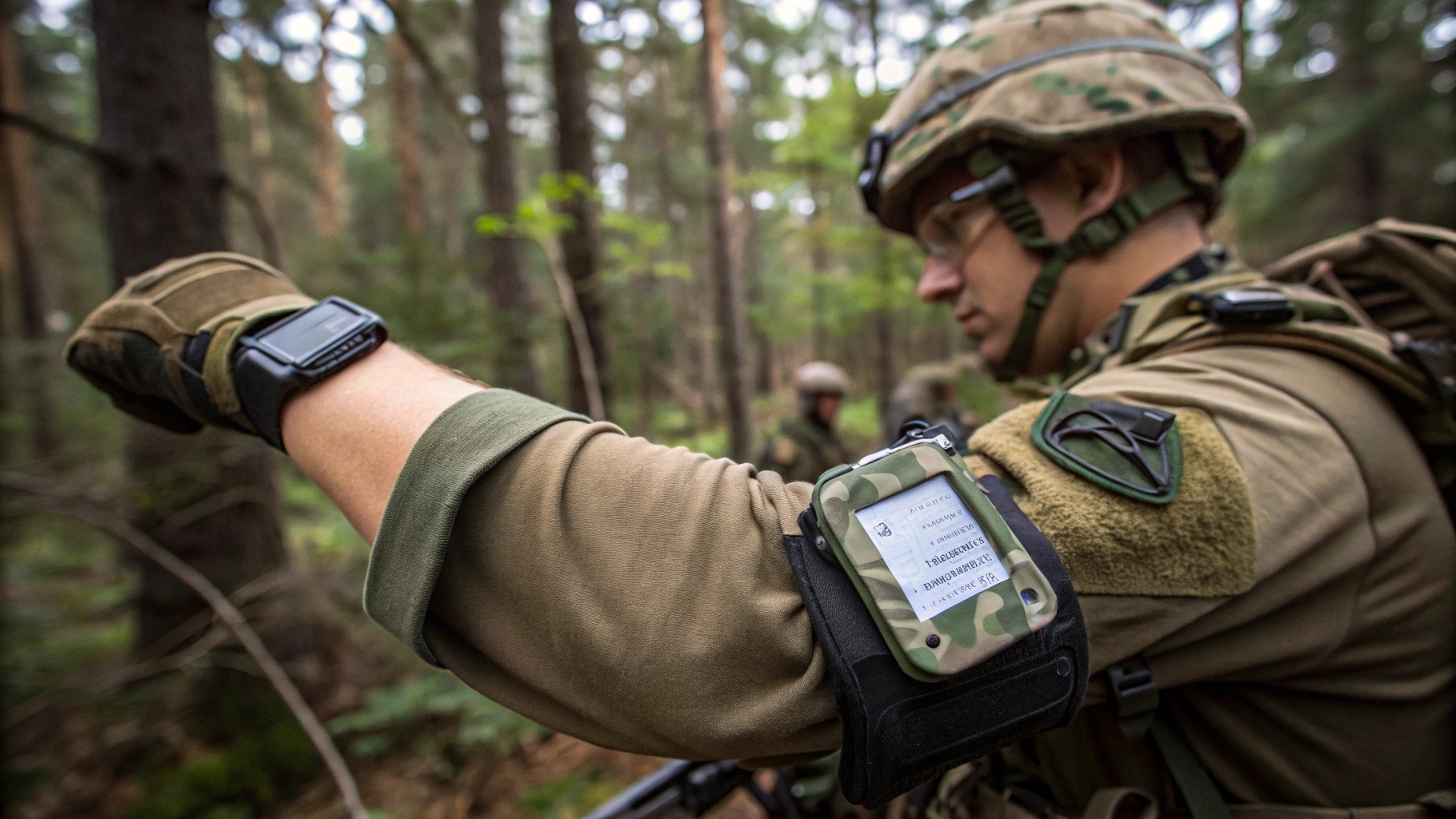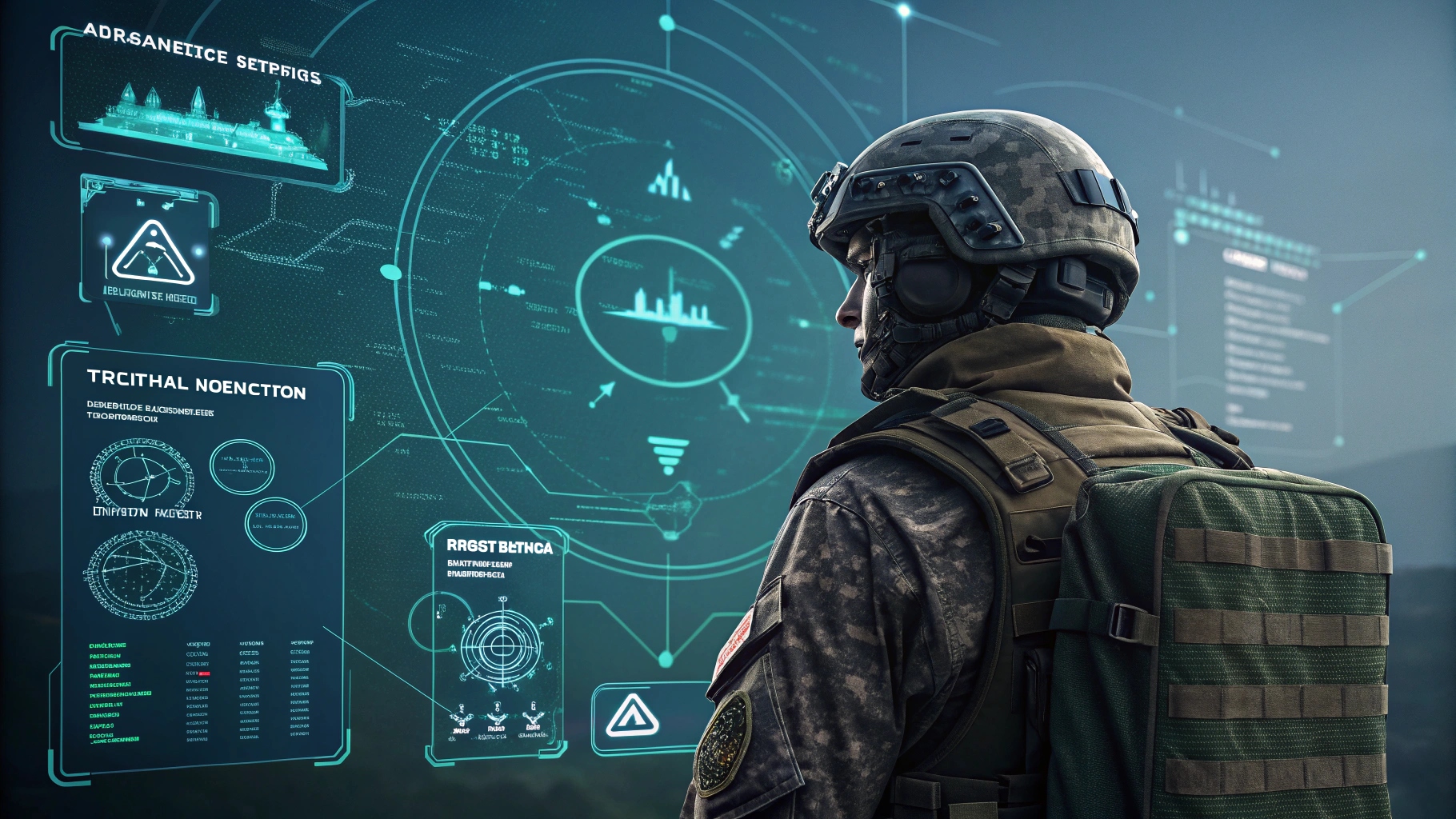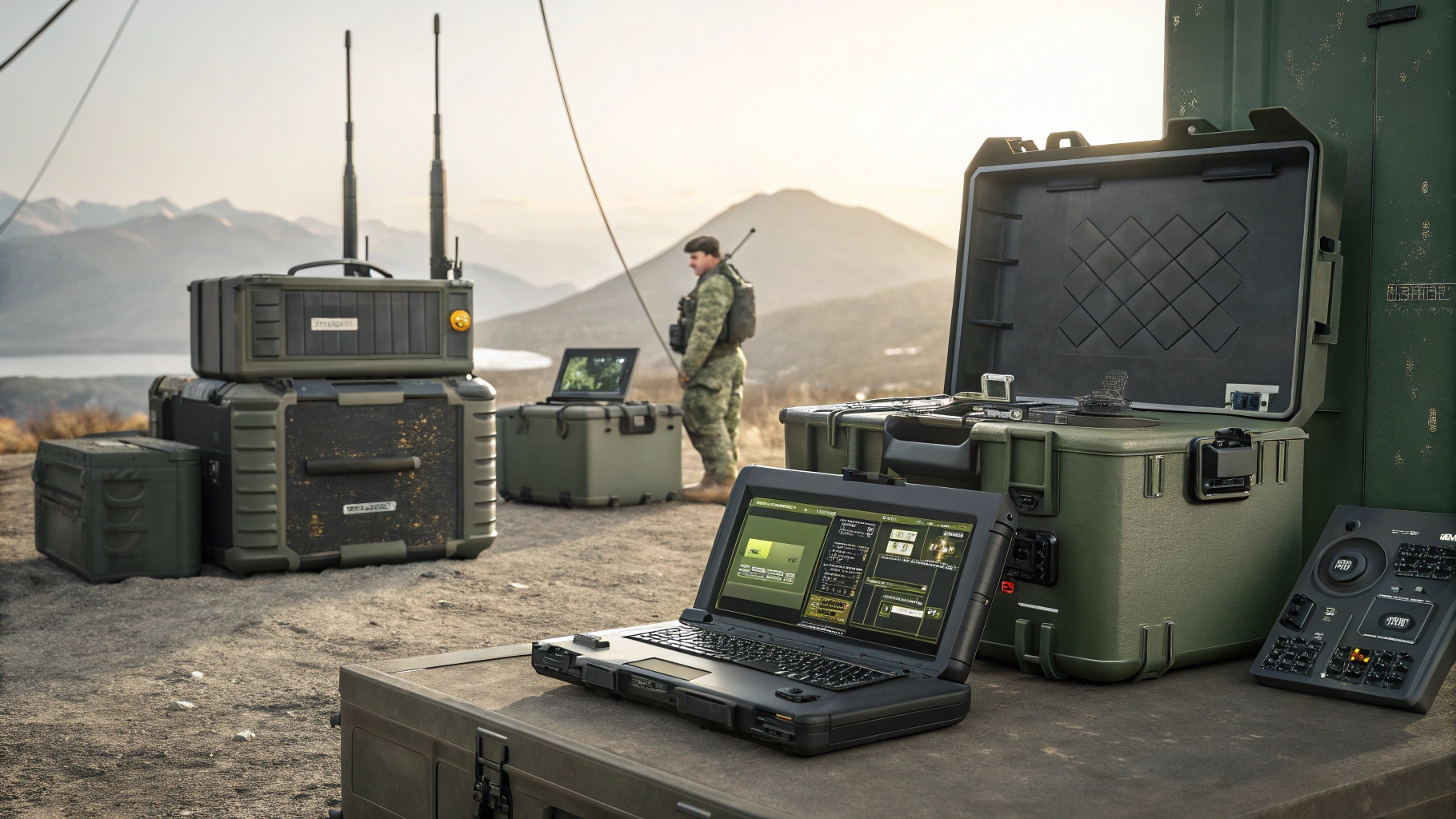
Teledyne FLIR OEM, a division of Teledyne Technologies Incorporated, today announced that its range of dual-use thermal camera modules—Neutrino®, Boson®, Hadron™, and Lepton®—now comply with the National Defense Authorization Act (NDAA) requirements for U.S. government contractors and original equipment manufacturers (OEMs). These NDAA-compliant modules support the creation of secure, high-performance thermal imaging systems for defense applications.
The NDAA restricts the use of certain foreign-made video surveillance and telecommunications equipment in U.S. defense systems. Teledyne FLIR OEM’s compliant thermal modules are eligible for numerous federal, state, and local contracts and can be easily integrated into current and next-generation defense platforms such as ground vehicles, uncrewed systems, missile seekers, targeting systems, counter-UAS, precision strike platforms, and soldier systems.
The NDAA-compliant portfolio includes:
• Neutrino LC and SX8: Compact mid-wave infrared (MWIR) FPAs designed for gimbals, handheld devices, and targeting systems with high operating temperature (HOT) capabilities.
• Neutrino QX and SX12: High-resolution, fast-frame MWIR models optimized for ISR, counter-drone, and wide-area motion imaging (WAMI).
• Neutrino IS: SWaP-optimized imaging with continuous zoom lenses combining Neutrino LC and SX modules.
• Neutrino Ground ISR: Ready-to-integrate MWIR solutions for long-range, ground-based ISR systems.
• Boson: 12 µm uncooled LWIR radiometric modules in multiple resolutions and frame rates.
• Boson+: Enhanced Boson variant with industry-leading thermal sensitivity and NETD under 20 mK.
• Boson+ CZ: High-performance LWIR module with 5x continuous zoom lens for easier integration.
• Hadron 640: A combined 64MP visible camera and Boson thermal sensor module for streamlined integration into uncrewed systems.
• Lepton: The world’s most widely used LWIR thermal imaging module enabling scalable innovation.
All NDAA-compliant modules are designed and assembled in the U.S., with secure supply chains and final testing at Teledyne FLIR’s Goleta, California facility. These modules are non-ITAR and fall under the U.S. Department of Commerce jurisdiction for export control.


